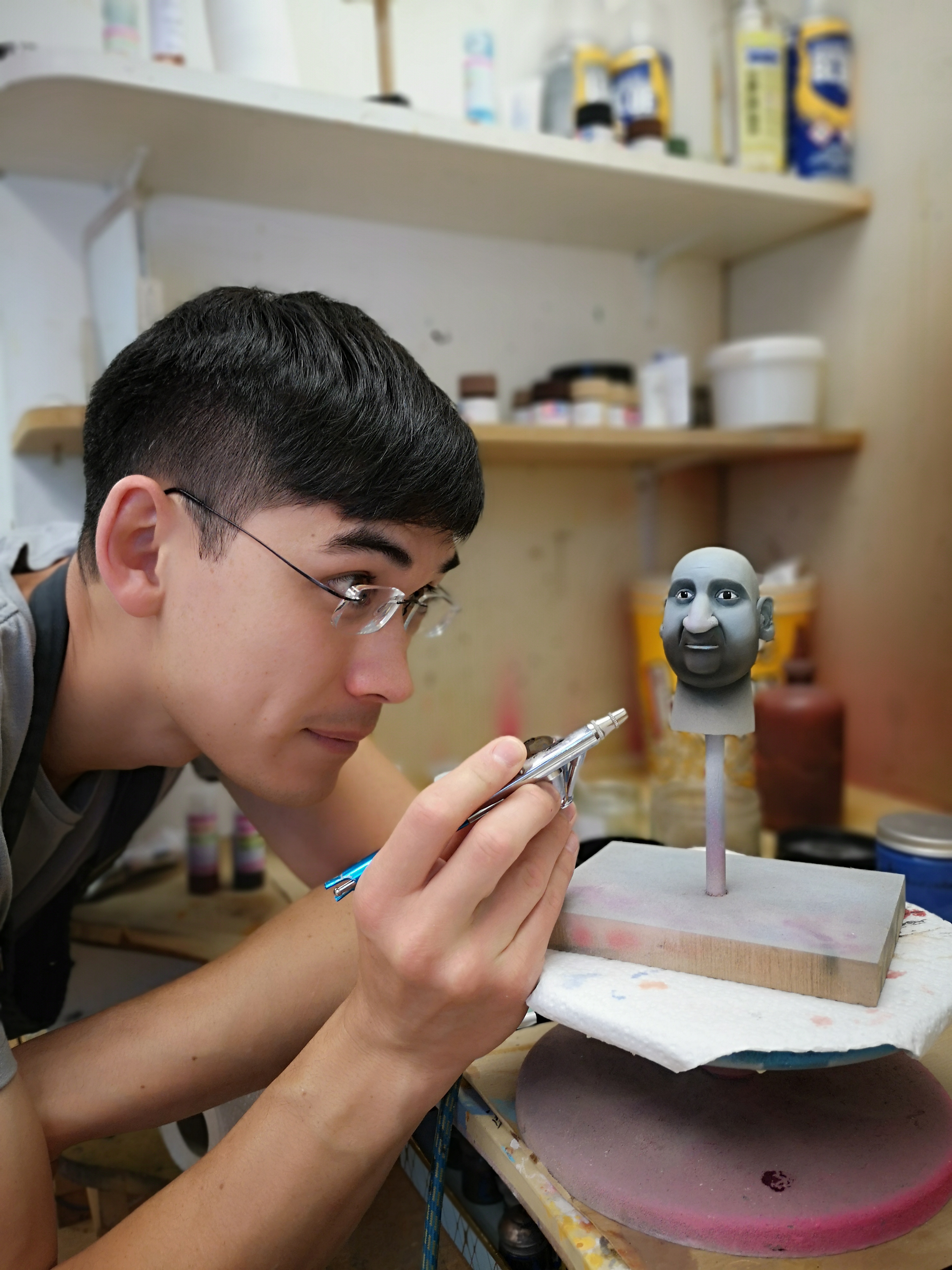
A Macclesfield based design and manufacturer of aftermarket elevating roofs and furniture for leisure vehicles has plans to adopt 3D laser scanning technology with support from the Made Smarter programme.
After specialising in VW Transporter vans, Cheshire-based Low-Life, is now looking to develop new products for other vehicles. To remain competitive and grow, the business is taking advantage of advanced manufacturing technologies to speed up every organisational process from idea to delivery. Using match-funding and specialist advice from Made Smarter, Low-Life has embarked on a journey which will radically change the way it does things.
View the Case StudyMade Smarter has allowed us to do what we want to do, in the way we wanted to do it, in an affordable and supported way. Without it we will stand still.
Andy Gosling, Director of Low-Life
Andy and Ian’s Stealth design was originally developed for VW Transporter T5 and T6 vehicles.
They want to develop a new system that can be retrofitted to the Ford Transit and expand their product range. The difficulty is that business doesn’t have the time or money to spare to achieve its ambitions of redesigning its manufacturing process, while keeping up with a full order book.
Andy explained: “From the very start we’ve wanted to evolve this company, growing our product range and expanding the range of vehicles we offer our services for. But we don’t have the resource and infrastructure to be able to develop those new designs. We’d be taking our eye off the ball with the rest of the business. We know that if we continue to do things in a manually-intensive way we won’t be able to grow. We believe the answer is digitalisation.”
With grant funding from Made Smarter, Low-Life has found the solution to these challenges.
Using 3D laser scanning technology and post-processing tools, Low-Life can recreate a digital model of a vehicle. They can then use software to design and test their product ideas in virtual reality before manufacturing them. All the critical measurements and modelling data for vehicles and products, as well as designs, will be stored on the cloud, where it can be shared with customers to speed up the design process and provide a platform for immersive training for the fitters.
Access to 3D scanning and design technology will speed up every process from idea to delivery.
Andy explained: “The ability to scan, model and design in 3D – a virtual environment - will have a major impact on our processes. It will give us complete design freedom. We will be untethered from our current way of doing things. R&D will be fast-tracked, the manufacturing process accelerated, and it will generate technical collateral which will take products to market in far less time than it does now”.
“There is a significant opportunity to increase productivity – to take us to the next level.”
This growth plan includes taking on six new staff over the next two years. There will also be a benefit to the region’s GVA of an estimated £220,540 over the next three years.
With a new way of designing products, the next logical step is for Low-Life to look towards advanced manufacturing tools.
“As a company, we have a number of new ideas which we would like to realise,” Andy said. “But we are a small company which is taking steps to move into a more digital world, addressing just one new product at a time. Our strategy is to grow with each new product, and as we grow, introduce more digital capabilities in house at each step, both in terms of personnel and equipment. Made Smarter has allowed us to do what we want to do, in the way we wanted to do it, in an affordable and supported way. Without it we will stand still.”








